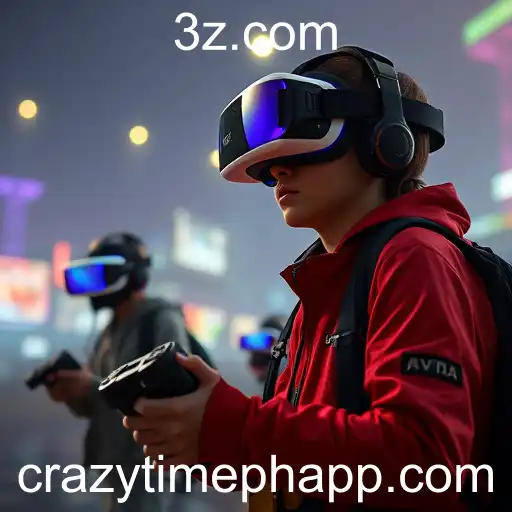
Exploring the dynamic changes in the gaming industry and how they reflect broader technological and social trends.
As we delve into the year 2025, the gaming industry continues to evolve at a breathtaking pace. In examining this transformative period, prominently featuring the keyword 'evolution crazy time,' we find ourselves in a world where virtual realities blend seamlessly with our own, offering gamers experiences previously unimaginable.
Recent years have witnessed an unprecedented intersection between gaming technology and real-world applications. The expansion of immersive technologies such as virtual and augmented reality has pushed the boundaries of possibility, turning science fiction into commonplace reality. Five years ago, only a few could have predicted today’s advancements where haptic feedback suits allow players to 'feel' the virtual world, and AI-driven characters learn and adapt in more human-like ways.
This evolution is not merely a technological narrative but also a cultural one. The gaming community, increasingly diverse and inclusive, reflects broader societal changes. The shift towards more inclusive storytelling and representation has been met with critical acclaim and commercial success, as games with diverse characters and narratives resonate with a broader audience. This reflects a cultural zeitgeist where questions of identity and representation are at the forefront of artistic expression.
Moreover, the economic dynamics within the gaming industry are noteworthy. Market analysts report that the industry now surpasses the combined revenues of film and music, signaling a shift in entertainment preferences. The 'crazy time' for investors is driven by innovations in monetization strategies, from in-game purchases to subscription models, reshaping how companies capitalize on consumer engagement.
However, as with any industry in a period of rapid change, there are challenges. The rise of massive multiplayer online games highlights issues of data privacy, mental health, and digital toxicity. Policymakers and companies alike are tasked with creating strategies that balance innovation with responsibility.
In conclusion, the current state of the gaming industry not only epitomizes a 'crazy time' of rapid evolution but serves as a microcosm for tech-driven societal change. As VR headsets become as ubiquitous as smartphones and digital avatars command real-world influence, the lines between reality and recreation blur, leading us into a future rich with possibility and complexity.




